Be aware of these pitfalls:
Visit www.eigames.com and explore the resources available to help you create effective and engaging learning experiences for your students."
2 Comments
Gamified learning is more effective than traditional forms of learning because it allows for greater autonomy, allowing learners to make choices and take control of their own learning experience, which can lead to increased engagement and motivation. Gamified learning also allows for immediate feedback, giving learners a sense of progress and accomplishment. This can help them set and achieve goals and make the learning experience more enjoyable.
Another advantage of gamified learning is that it can make complex and abstract concepts more tangible and accessible by creating a sense of context and relevance through the use of game mechanics and storytelling. Lastly, gamified learning can also be used to create a sense of community, as learners can collaborate, compete, and share achievements with others, which can foster a sense of belonging and engagement. We are often told, particularly within the western world, that success is a mindset, and within this mindset, comes a specific set of values and patterns of behavior. Winners, we are told, are ruthless. They are strong, competitive, self-centered, and machiavellian. They have their own goals and their own ideals, and will stop at nothing to achieve their needs. Winners, we are told, are like sharks. As for the losers; they're more like their prey.
While there is arguably a nugget of truth buried within this way of thinking, there is also a whole lot wrong with this attitude. While attributes like self-assurance, tenacity, and resilience are key to finding success in today's ultra-competitive environment, this doesn't mean you need to be a shark, and it certainly doesn't mean you should be treating others as prey. To the contrary, sensitivity, emotional intelligence, and vulnerability are not weaknesses. In actuality, they are key skills that allow us all to navigate our increasingly complex social environment. As such, If you want to succeed in anything, especially business, you should be embracing emotional intelligence, and taking pride in your ability to tune into others needs. Don't believe me? Well, here are four ways in which emotional intelligence can help you succeed in the business world. 1. Self-Awareness: As an emotionally intelligent person, you are more aware of yourself, and what makes you tick. You’re more aware of your strengths, your weaknesses and your goals. More important than this, however, you’re more aware of why you behave the way you do. While this may not seem obvious in a world that seems to celebrate big and often ‘brash’ personalities, a heightened sense of self-reflection is indeed paramount to success. Think of this skill a bit like a coach for a major sports team. A team could have all the star players they want, but if they keep getting injured and underperforming without any feedback as to ‘why’ , said sports team will be doomed to run head first into the same old mistakes. Likewise, in business, you need to be able to diagnose your own shortcomings, and identify areas in which you need to improve. Naturally, this isn't about ‘beating yourself up’. Instead, this is about understanding the true value of ‘humility’, and being ready to learn and develop at every opportunity. 2. Social Skills: In addition to self-awareness, EQ also gives you a vital boost in understanding those around you. Again, in business, this is hugely important. Regardless of sector, no individual ever truly operates alone. As a businessperson, you’re constantly interacting with other people, be this your colleagues, your employees, or your clients. Suffice to say, within this environment, social skills and effective communication are essential. In order to obtain these skills, however, you need to be sensitive. You need to be capable of understanding other people’s motivations, their anxieties, their goals, and ultimately, their emotions. This is especially the case if you want to build long lasting and effective relationships. 3. Empathic creativity: Empathy isn't just a social skill, but a creative one as well. In business, what defines a great idea ultimately comes down to how it will be received by your target audience. Whether you work in marketing, product design or HR, your ‘performance’ hinges on your ability to cultivate an actionable understanding of your customers' needs. Within this paradigm, great ideas are ones that reach their audiences in an authentic, impactful, and fundamentally considerate way. This is to say they are informed by a deep understanding of what their target audience truly wants. Achieving this is no easy task. However, by being emotionally intelligent, and by possessing a genuine respect for your target audience, you are a massive step closer to fulfilling people's needs on a much deeper level. 4. Emotional intelligent leadership: Last but not least, emotional intelligence is crucial to great leadership. At an increasingly rapid rate, we are seeing the old guard of so-called ‘alpha males’ and ‘strong men' fall out of favor for more sympathetic and considerate leadership styles. Why? Because no one wants to work under a shark, and if they can help it, they'll go somewhere where they feel more valued, and where they know their voice will be heard. On the inverse of this, emotionally intelligent leaders are now being celebrated and sought after, especially as businesses look to diversify both their workplace and their audience. Ultimately, emotionally intelligent leaders are now breaking ground because they combine all of the skills we’ve talked about so far. They’re self-aware, and are ready to accept feedback. They’re pro-social, and instinctively know how to motivate their staff. Finally, they’re empathic creatives, and can use their heightened sensitivity to solve problems and generate new ideas. Try getting a shark to do that! A final note on emotional intelligence So those were our four key areas in which EQ (emotional intelligence) can help you excel in the workplace. As a final note on this topic, however, it’s also important to highlight that emotional intelligence is as much a skill, as it is an attribute. Like all things, some people will find being sensitive to the needs of others easy, while many will struggle, despite all their best intentions. If you are facing these challenges, do not give up! No one expects you to excel at this from the offset, especially in a world where many of us still experience stigma around emotional availability and empathy. EQ is a skill that develops over time. As long as you appreciate its value, and work towards improving yourself in this area, you will see progress and results. If you’re interested in learning more about this, we recommend taking a look at the book The Hidden Agenda, where I delve deeper into the power of emotional intelligence, and how it can be applied to the art of pitching, networking, creativity and more. Learn more about who you arePushing yourself out of your comfort zone can create an opportunity for you to learn about yourself and who you are beyond what you thought that you were capable of. Taking risks will help you to learn more about what you are passionate about and what doesn’t bring fulfillment to your life. This can lead to a higher EQ because you take the time to understand why things in your life bring you joy and teach you more about who you truly are. Self GrowthIf you are constantly in a state of comfort, you will lack the uncertainty that will challenge you and encourage growth in your life. The unpredictable encourages you to reach new highs of your EQ as it compels you to handle your uncomfortable emotions like stress and fear. Learning new things will help you build confidence along with your new skills. Expand your creativityChallenging your brain to be in a more creative space can lead to increases in your sense of fulfillment by leading to new hobbies that you are passionate about allowing you to lead a life that is enjoyable, interesting, and mentally stimulating. Even if you aren’t in a typical creative space, new or uncomfortable situations will push you to be more creative as you find where you fit. Increased confidenceAllowing yourself to be frequently pushed out of your comfort zone gives you the sense that you can take on anything. This creates so many opportunities for you that you may not have otherwise had because of fear or a sense of inadequacy. Confidence can be vital in career growth, development, self-love, and so much more. Power in ChallengesChallenges and hardships have important roles in your life, it is important to have the ability and confidence to overcome them. Having the emotional capacity to deal with the unexpected can give you the confidence to live your life without major fears that may hold you back from living to the fullest.
Emotional Intelligence (EQ), or the ability to recognize and understand emotions, and then use that information to guide decision making. Emotionally Intelligent individuals understand that every emotion, even the quote-unquote “negative emotions” have their value. Every emotion provides data and a greater self-awareness that allows one to have a more dynamic thought process.
Hi. I'm going to talk to you about a notion and maybe one of the most important things that you will face, and maybe you faced already. It's something that is certainly one of the most difficult things for me to handle and its, how to deal with a Naysayer. Now I'll set the stage. I worked at a famous advertising agency, I was a young up-and-comer and one of the things that I noticed increasingly was the behavior of a fellow named Eric. Now, every time I turned around, there he was. "Oh, you're not going to do that, are you? You're never going to succeed in that, that will never work."
As a young manager at an airline catering facility, one of my first real leadership challenges was having to find out why silverware was disappearing at a rapid clip. The route to solving the mystery of the missing cutlery rested in my ability to rise to the occasion was to inspire and connect with my teams emotionally. I've called upon this story countless times during my long career and shared it on BBC Radio 4’s Four Thought.
Please enjoy and share this story with any new leader you may know.  As we close in to the end of 2020, I have some truly wonderful news to share! It is with great pleasure and pride that I can announce that E.I. Games is now officially certified as an LGBT Business Enterprise (LGBTBE) through the National Gay & Lesbian Chamber of Commerce (NGLCC) Supplier Diversity Initiative. As members of the LGBTQIA+ community ourselves, my partner Karl and I are so very honored to have our work recognized on such an international stage. However, this is not only a celebration for the efforts of our company, but is one shared with our friends across the Miami LGBTQIA+ community who participated in making this work possible. This success is truly a shared victory!  I have long believed, as many, that Diversity training was woefully inadequate, divorced from the mainstream of how we train our people and that we are afraid to address issues like privilege and oppression head on for fear of upsetting people. An employee of a firm I know so well who went through three days of globally mandated diversity training recently told me, "It was one big nothing burger. I identify as Asian-American, and it literally addressed none of the issues that are so obvious everyone." We at E.I. Games saw this issue, and recognized what needed to be done! As a part of our wholesale rethink of what organizational skills training should contain. and are proud to announce we have been awarded the Gold Award of Excellence by our peers at the Serious Play Organization for our recently released A Gold Medal Win for E.I. Games | Diversity, Inclusion & Equity Game While the year 2020 has been marred with change and uncertainty, E.I. Games found a win at the Serious Plan Games Conference. The annual conference announced the 2020 winners of the Serious Play Awards competition including a top prize for the Diversity, Inclusion, and Equity game, imagined, designed and produced by E.I. Games. This marks the 4th year that E.I. Games medals and the third year to win the top prize. Diversity, Inclusion and Equity. What do these words mean to you? We are watching as the world comes together to protest against social injustice and stands up for civil rights in communities everywhere.
As part of our community education initiative, we want to help people understand the importance and benefits of diversity, inclusion and equity. In an effort to support continuous personal development and education and help make our communities more inclusive, we have decided to make our Diversity & Inclusion videos for FREE. We are also updating our diversity serious game as well which will be ready by the end of this month. Send us your thoughts and feedback at citizens@eigames.com. Click HERE or on the image below to watch the video course now. Please DO NOT resell these videos. Please DO share this link with friends, family and colleagues. On May 26, E.I. Games brought together pioneers in the field of remote and online education to discuss the impacts that the COVID-19 pandemic has had on their classrooms and campuses and how they've deployed their knowledge in remote education to help get their students through to the end of the semester in the best learning environment possible. In the this video, we watch select tips and trends from the discussion. For more, visit, www.eigames.com/webinar. This video features: Andi Hess, Arizona State University Dr. Abigail Perkins, Florida Atlantic University Dr. Dennis Trinkle, Ball State University As we get closer to our upcoming roundtable we would like to share a little bit more about the amazing guests that will be joining us.  Abigail Perkins is a Learning Strategist in the Center for Online and Continuing Education at Florida Atlantic University. She specializes in educational research and development of innovative deliverables for online learning, such as experiential, immersive, and game-based learning. Dr. Perkins received her Ph.D. in Curriculum & Instruction from Texas A&M University; her master’s degree in Theoretical Physics from Ball State University; and her B.S. in Applied Physics from Ball State University. She has classroom experience teaching college physics and values bridging gaps between research and practice for an empowered citizenry.  Dennis A. Trinkle is the Director of the Center for Information and Communication Sciences (CICS) and Director of the Applied Research Institute at Ball State University. Dr. Trinkle brings a diverse multi-sector leadership background to his leadership of CICS, where he also holds the rank of Professor of Information and Communication Sciences. Prior to joining Ball State, Dr. Trinkle served as the provost and chief academic officer for Harrison College. Trinkle provided executive and academic leadership for the entire Harrison College system, which included 900-plus employees and 12 campuses, an online division and a culinary division (The Chef’s Academy). Transforming How You Grow
Written by Kevin Allen I caught a piece the other day referring to a high tech executive as “badass”. In gushing terms, it seemed to celebrate a hard-nosed autocracy and by implication it left an impression that a task-oriented ruthlessness was both admirable and a route to business success. I am struck every time I hear this term what a poor role model it implies and how utterly wrongheaded the idea is the first instance. Success in today’s world is based on emotional intelligence, cultural sensitivity, empathy and authenticity…all to the contrary of what the badass notion implies. In the extreme it is a term that provides cultural permission for internal aggression and a host of manifestations that are the ruination of companies. E I Games LLC, makers of award-winning game-based business simulation training has launched a new course and simulation in Diversity, Inclusion and Equity now offering companies an uplifting and contemporary approach to the subject in a highly engaging on-line format.
Intrapreneurship is a system which allows an employee to act like an entrepreneur within an organization. Intrapreneurs are self-motivated, proactive, and action-oriented people who have leadership skills and think outside the box.
According to Pinchot, intrapreneurs are both employees and leaders of a large organizations that act similar to entrepreneurs in terms of e.g. self-motivation, creativity and pro-activity. INTRODUCTION TO EMOTIONAL INTELLIGENCE AT WORK
An inspired Online Video Course from renowned industry guru and best-selling author Kevin Allen followed up by an engaging and award winning Emotional Intelligence based leadership game featuring: Leading with emotional intelligence, empathy, belief systems, emotional motivators, managing resistance, seizing a setback, making a case, inspiring your team and motivational communication According to a research published in the New York Times by Jeffrey Selingo, only less than 40 percent of students who make it to college graduate in four years. Here are a few of the reasons why students are dropping out of college.
High costs Earning a college degree is the only way for many students to unlock their career opportunities, but the cost can be prohibitive. Education costs have risen at an alarming rate, with students at public four-year colleges paying over $36,000 in tuition, fees, accommodation, and board fees. Their counterparts in private schools are spending an average of $46,000. The rising cost of tuition is out of reach for many students, and this can have a direct impact on the college dropout rate. Many students have issues finding money to clear the exorbitant cost of a college degree and are forced to either delay their graduation or drop out of school. WE ARE DELIGHTED TO SHARE THIS PIECE FROM THE MIAMI NEW TIMES, WHICH SUMMARIZES THE AMAZING JOURNEY OUR FOUNDERS,
KEVIN AND KARL ALLEN, HAVE UNDERTAKEN AND HOW IT LED TO THE CREATION OF THE DIVERSITY, INCLUSION AND EQUITY GAME. IT IS NOW AVAILABLE AND WE ARE ECSTATIC TO SHARE IT WITH EVERYONE! Change an organization’s values and culture! Participants face the challenges and dilemmas of building a culture of Diversity, Inclusion and Equity, in an organization with a poor track record. Participants will be moving through subjects of identity, bias, anti-oppression and will apply an emotional intelligent approach to building culture of Diversity and Inclusion. Real people across the diversity spectrum will offer their help in building safe spaces for all.
By applying proven, practical emotional intelligence skills it is how to achieve entrepreneurial success! “E.I. Games’ Fireworks gets you much closer to a real-world experience than you can ever capture from a textbook about entrepreneurship. Fireworks is emotionally engaging, appropriately demanding, and rewarding when you succeed—just like being an entrepreneur really is.”Dr. Dennis Trinkle, Director, Center for Information and Communication Sciences.
1. Leadership and management
2. Creative problem solving and design thinking 3. Communication We implement these tools in our LEADERSHIP & MANAGEMENT WITH EMOTIONAL INTELLIGENCE GAME. This game focuses on leading teams using emotional intelligence by building self awareness, empathy and understanding. |




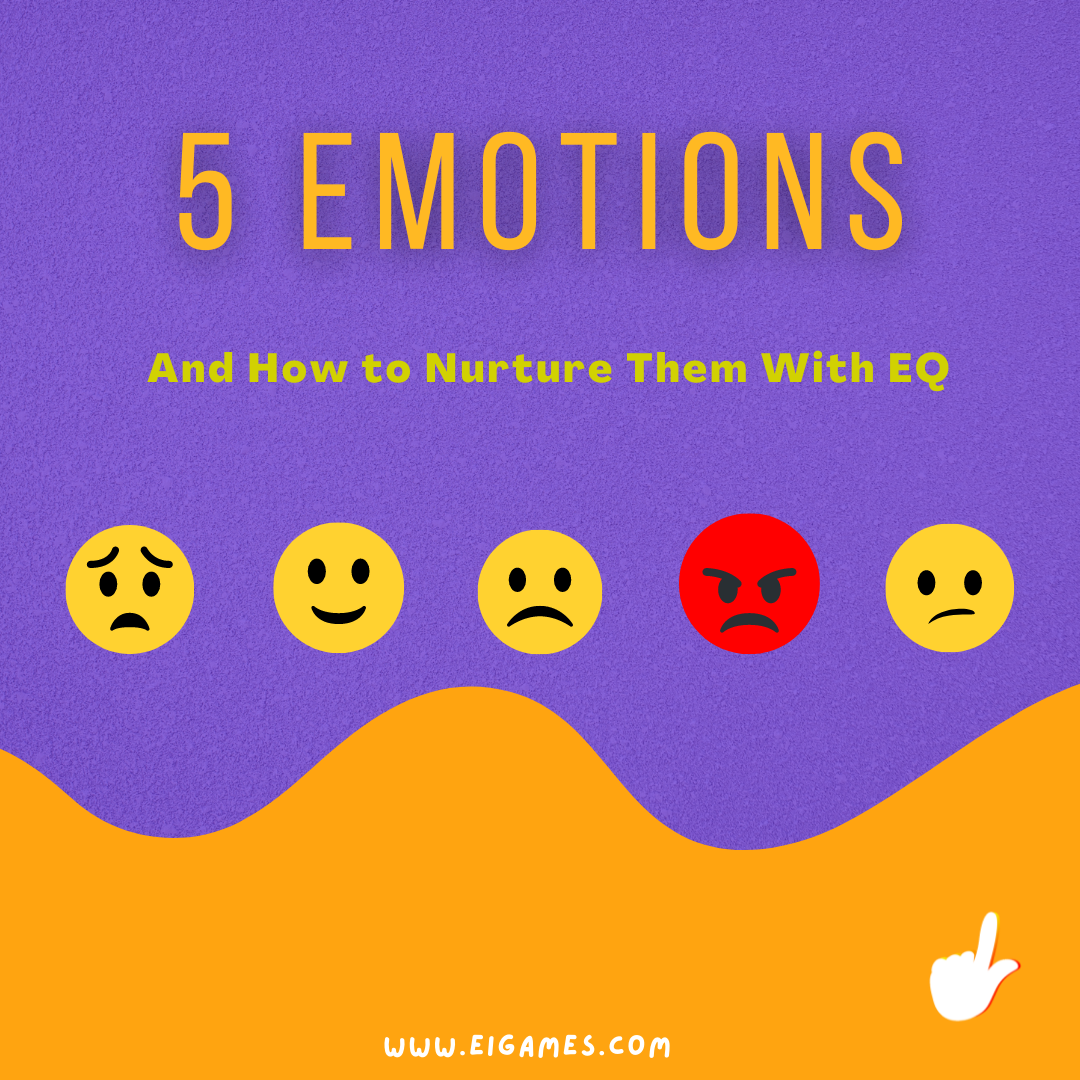
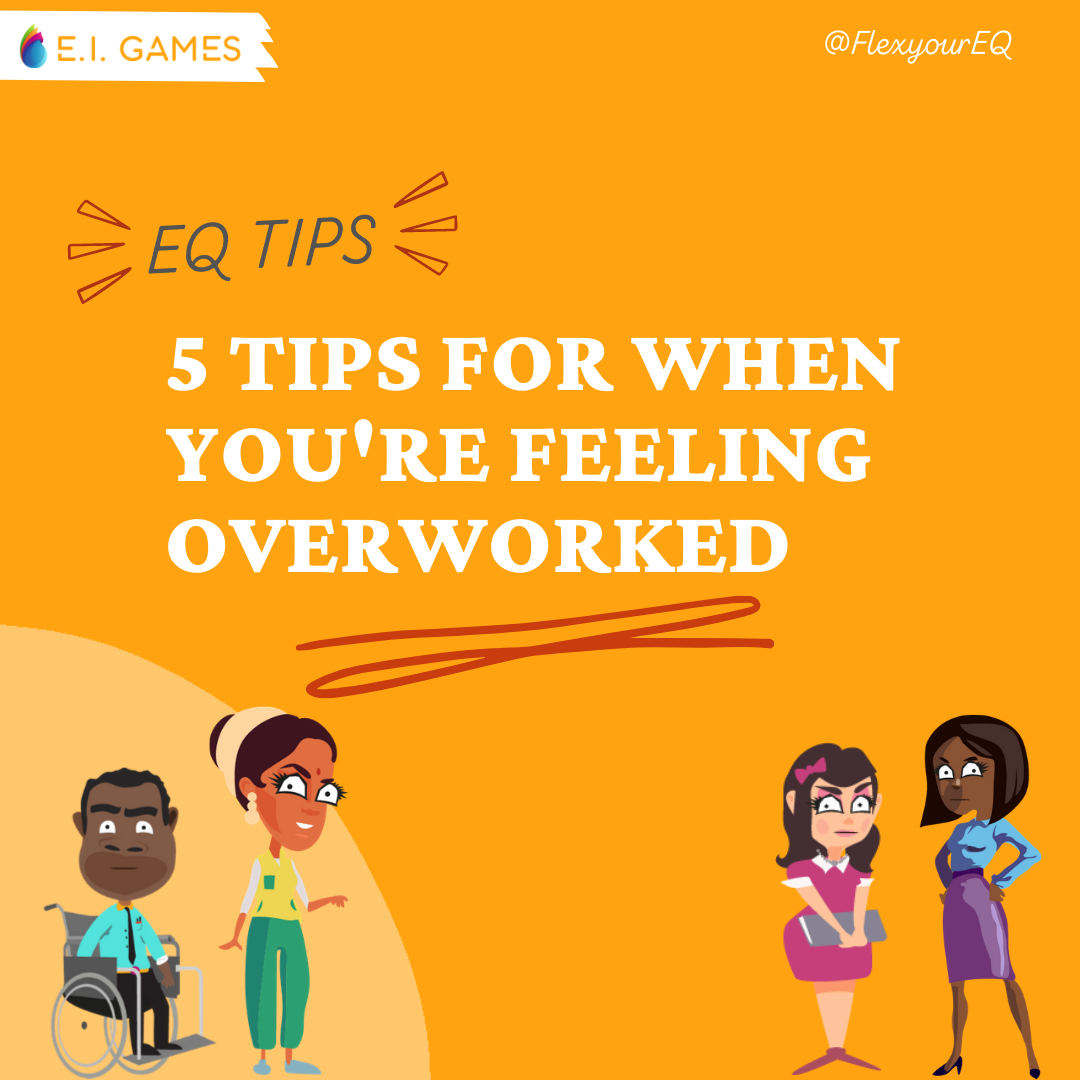
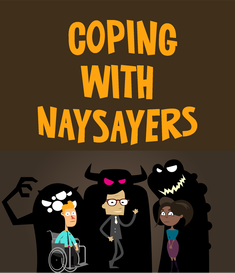
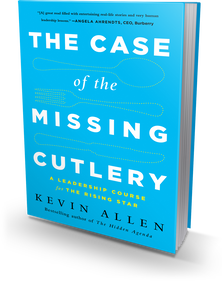
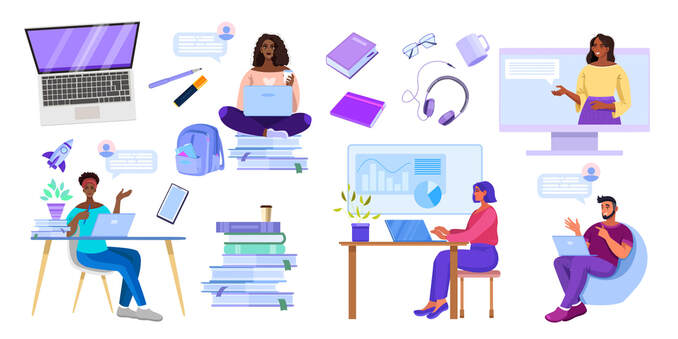
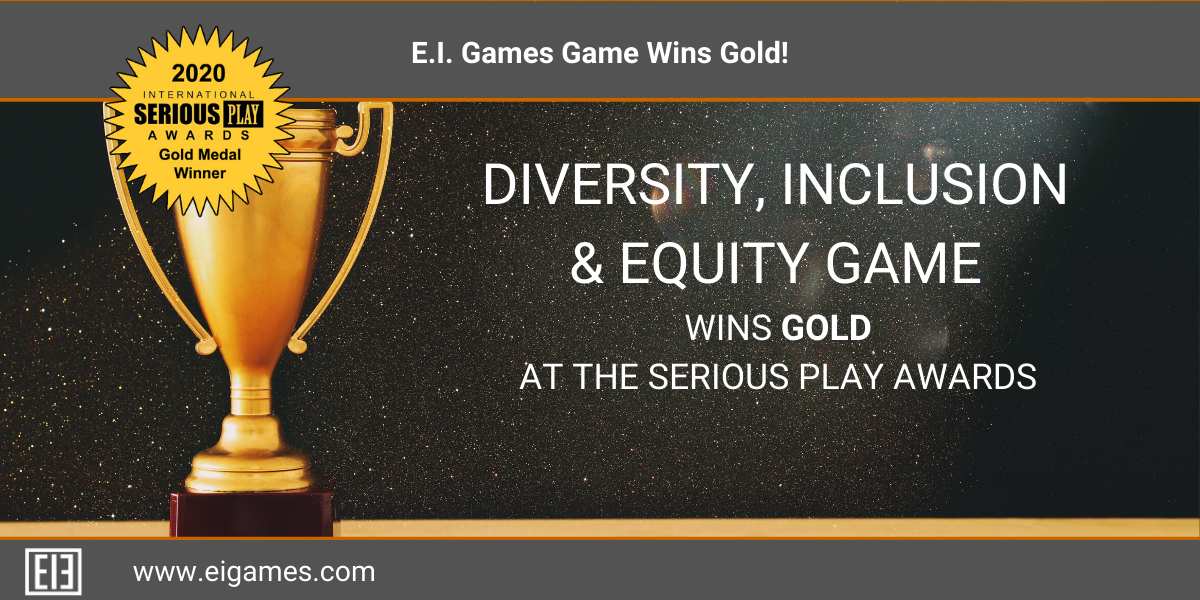
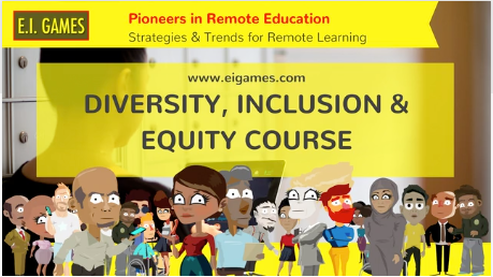
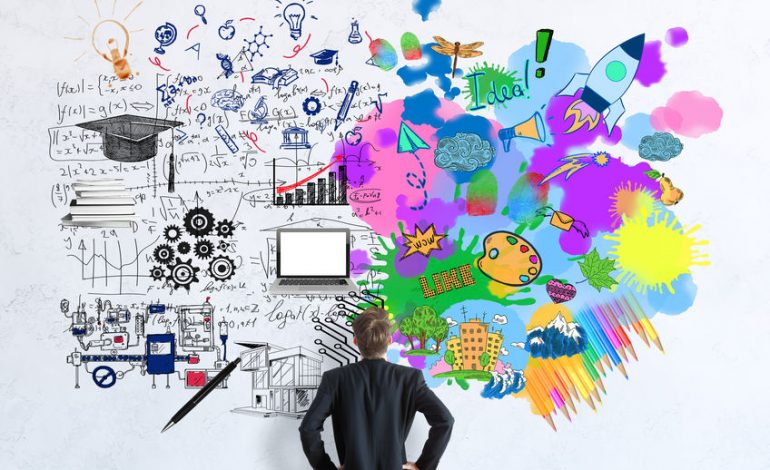
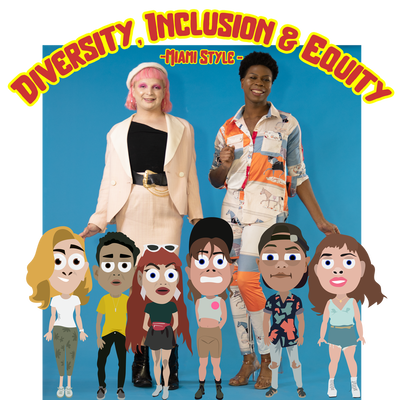
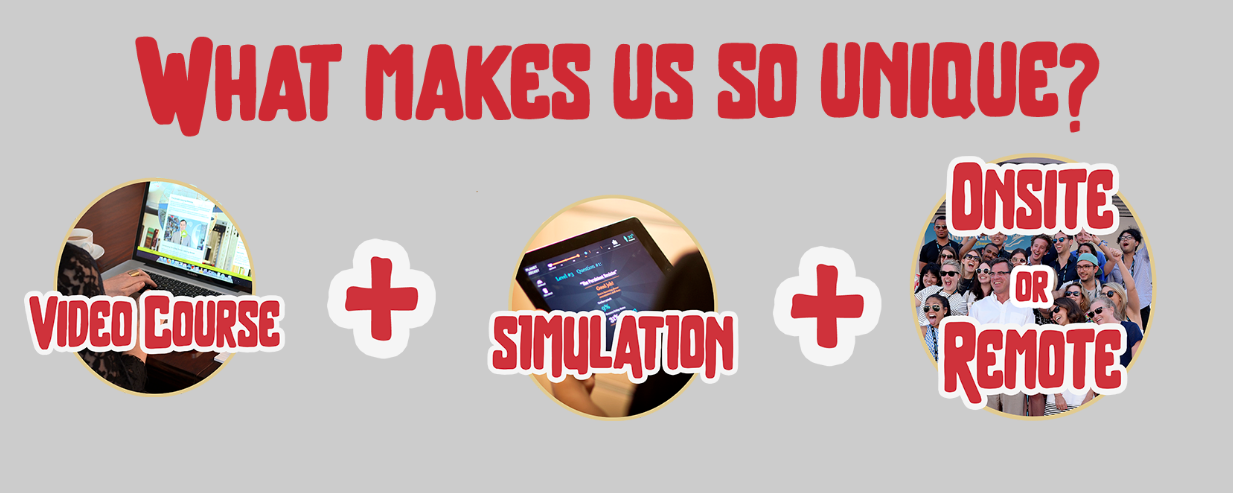




 RSS Feed
RSS Feed

